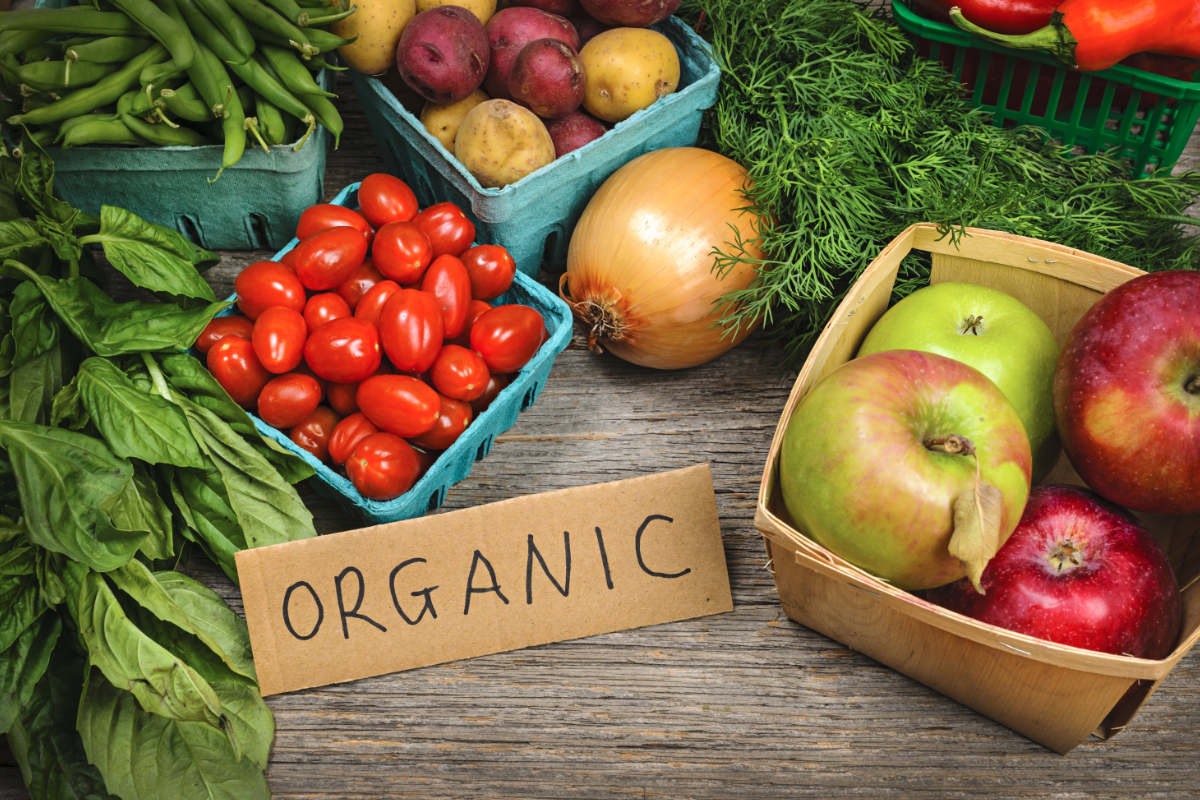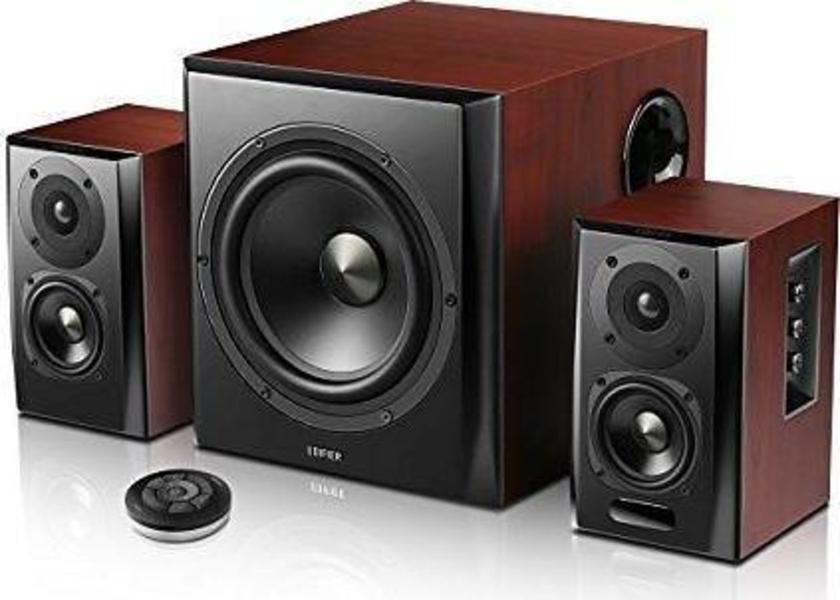Organic food has become increasingly popular in recent years, as people have become more aware of the impact of their food choices on their health and the environment. But what exactly is organic food, and why should you consider making the switch?
What is Organic Food
Organic food is food that has been produced without the use of synthetic pesticides, fertilizers, or other chemicals. Instead, organic farmers use natural methods to protect their crops, such as crop rotation, companion planting, and natural pest control. In addition, organic livestock is raised without the use of antibiotics or growth hormones.
To be certified as organic, food must be produced according to strict guidelines set by the USDA (United States Department of Agriculture) or another accredited certification agency. These guidelines cover everything from soil quality and pest management to animal welfare and food processing.
Why Choose Organic Food?
There are several reasons why you might choose to switch to organic food:
Better for your health: Organic food is often seen as being healthier than conventionally grown food www.healthandpersonalcare-products.com, as it is free from harmful chemicals that can be found in pesticides and fertilizers. In addition, organic farming practices often result in higher levels of vitamins and antioxidants in the food.
Better for the environment: Organic farming practices are designed to be more sustainable and environmentally friendly than conventional farming methods. For example, organic farmers use crop rotation and natural pest control to maintain soil quality and reduce the need for synthetic pesticides.
Better for animal welfare: Organic livestock is raised in a more humane and natural environment than conventionally raised livestock. Organic standards require that animals have access to the outdoors and are not confined in small spaces.
Support for local farmers: Choosing to buy organic food from local farmers can help support the local economy and promote sustainable agriculture practices.
Tastes better: Many people who switch to organic food report that it simply tastes better than conventionally grown food. This may be due to the higher nutrient content and lack of chemical residues.
Tips for Buying Organic Food
If you're interested in buying organic food, there are a few tips to keep in mind:
Look for the USDA organic label: This label ensures that the food meets the strict organic standards set by the USDA.
Shop at farmers' markets: Buying from local farmers can be a great way to get fresh, organic produce while supporting the local economy.
Check the Dirty Dozen and Clean Fifteen: The Environmental Working Group releases a list each year of the fruits and vegetables with the highest and lowest levels of pesticide residue. If you can't afford to buy everything organic findoutcbd.com, focus on buying the "Dirty Dozen" items organic, and opt for conventionally grown "Clean Fifteen" items.
Don't be fooled by "natural" or "organic" claims: These terms are not regulated by the USDA and can be used on products that are not truly organic.
Conclusion
Organic food offers a range of benefits for both our health and the environment. While it may be more expensive than conventionally grown food, the benefits are worth considering. By supporting organic farming practices, we can help promote sustainable agriculture and a healthier food system for everyone.





